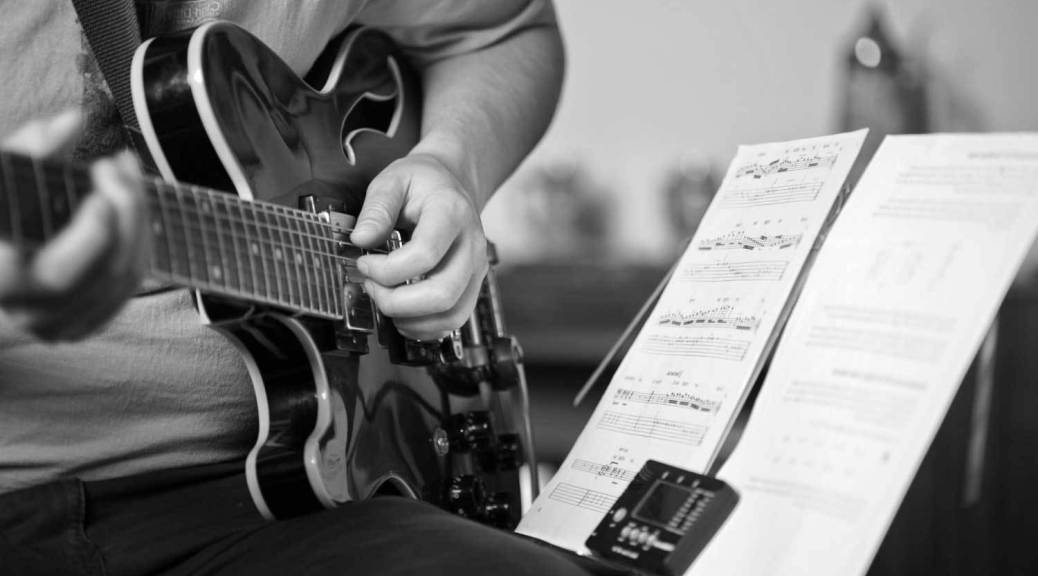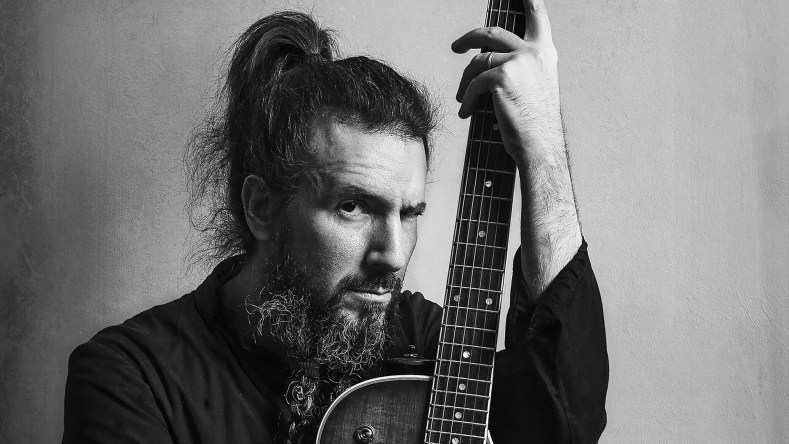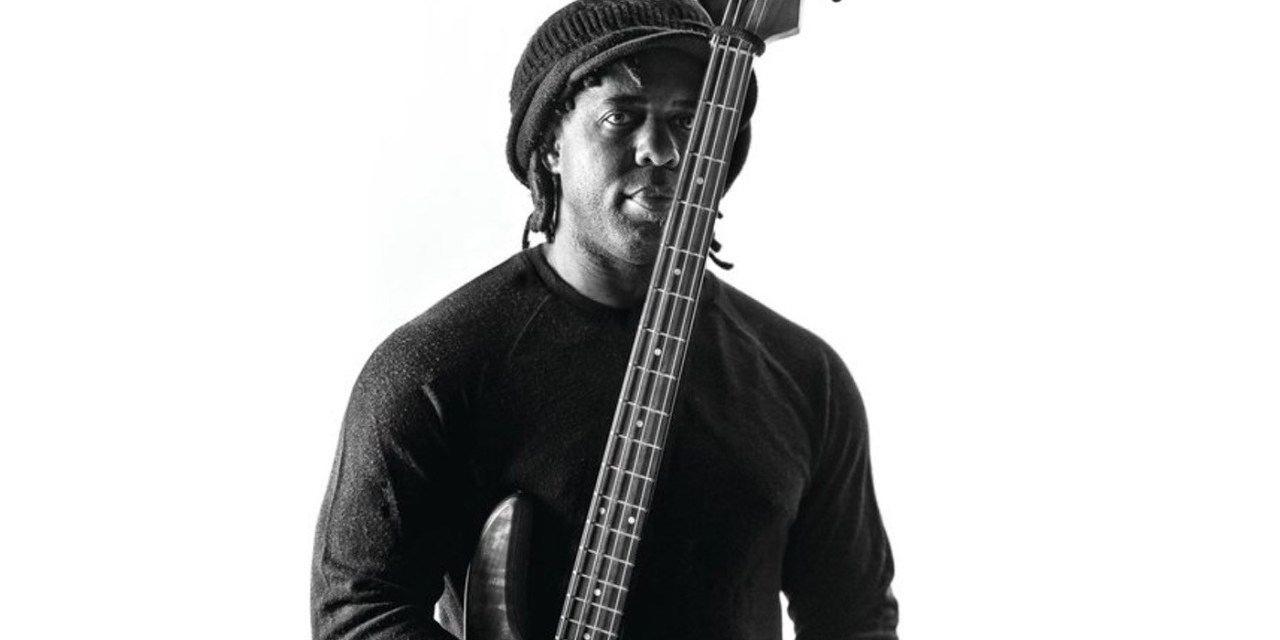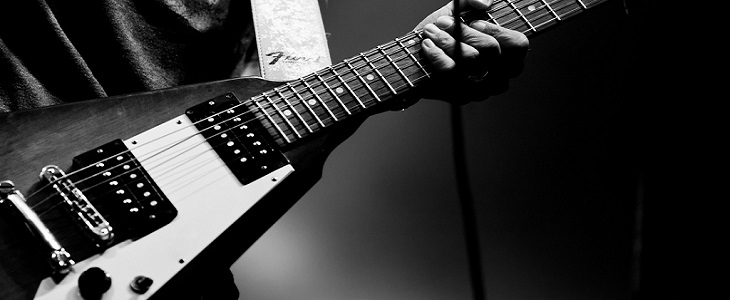For many, learning guitar is a painful process, and it’s not just people’s fingers that are hurting; their brains are hurting too. It’s no wonder though, as we guitarists have a lot of ‘fluff’ to sort through in order to actually be able to learn something on the instrument. By ‘fluff’ I refer to the plethora of learning tools and resources around today, most of which are completely unnecessary, and all have the same basic flaw…
The Best Music Class Money Can Buy
Don’t get me wrong, there are some great programs around that don’t suffer from this underlying flaw, and these can be easily found as long as you know what you’re looking for. The absolute best music class you can take does not even require you to bring your guitar. In fact, you’ve probably already taken this class either at school, or as part of your musical studies. It is of course, the legendary Music Theory class. You know, the one where the music teacher, usually a pianist, explains basic music theory concepts while everyone falls asleep. This class is normally seen as dubious and unnecessary, especially by guitar players, who’d rather be bedrooming it with their favorite tab book and other related ‘fluff’.
You Don’t Know What You’re Missing
At Music College I had Music Theory class with the late, great Eric Roche, who tried to impress upon us the importance of learning the subject at hand. Unfortunately, we were allowed to bring our guitars to class, which meant that the sound of 60 guitarists widdling on unplugged electric guitars, and not paying much attention (even to Eric Roche) was usually the order of the day. It’s understandable though, at such a young age you just don’t realize how critical this stuff is, probably because of the lack of ‘fluff’.
The point of learning music theory is to understand and to be able to use the universal language of music, something which is unfortunately lost on most guitar players. Guitarists will defend their right not to learn music theory to the death, and this is perfectly okay if you play for fun, or as a hobby—your lack of theory knowledge won’t cause you too much distress at the end of the day, perhaps just some mild discomfort.
The Rub
If you want to get good on the instrument, or make a career out of playing guitar, you’ll want to avoid guitar-based systems that attempt to replace music theory. The biggest culprit is probably the ubiquitous CAGED system—and this is the rub—a system such as this does not teach you music theory. It’s just a bunch of patterns and shapes that are unique to the guitar and won’t help you apply or learn music theory concepts. In fact, it ends up doing more damage than good as it will inevitably get you stuck on the intermediate plateau. Music theory, on the other hand, is already a perfect system that works on virtually any instrument!
Don’t confuse music theory with learning notation or sight-reading or learning a bunch of jargon. Music theory is basically how music works, it’s the language of music, and a way to explain the music we hear. The concepts and rules that make up music theory are very much like the grammatical rules that govern a language.
How Much Music Theory Do You Know?
There’s a simple test you can do to find out how much music theory you actually know: Pick up an instrument (not a bass) that you’ve never played before, or don’t play. As you have no technique, or shapes, you must use music theory to get coherent sounds from the instrument. See what you can play on the instrument. This is where all those CAGED shapes and patterns render themselves completely useless, and you’re left with a kind of ‘empty space’ where your knowledge of music theory should be.
Help
If you found that last exercise a little depressing, don’t worry, ‘Hacking the CAGED System’ is an excellent place to start. If you’re already well-versed in the CAGED system, you don’t have to abandon it either as the book also works as a very useful music theory supplement to whichever guitar-based system you’re studying.



